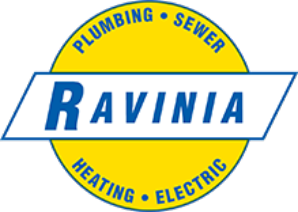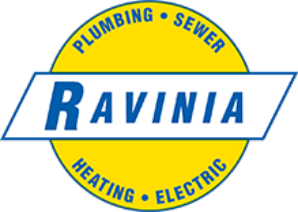
With the exception of good wine, few things improve with age. How old is your breaker box? Unfortunately, your box does not improve with age, and an old breaker box can cause some serious problems; from failure to perform as anticipated, to serious electrical fires.
The National Fire Protection Association (NFPA) reported electrical malfunctions and failures as the second leading cause of U.S. house fires from 2012 – 2016. These electrical issues explained the highest percentage of deaths as well as direct property damage.
Here are some things you should consider if your breaker box is too old.
“Never quite right”
Do you have a Zinsco or Federal Pacific (FPE) panel in your home? These systems, commonly used from the 1950’s to the 1980’s, often failed to cut off power in the presence of a short circuit which caused serious fire hazards.
“Not what it used to be”
Is your home 20 years or older? You may have an underpowered panel in your home. Those early boxes, rated for 60 or 100 amps of power, cannot support the modern family’s increased electrical usage. Are you planning to replace your kitchen or laundry room appliances? If you need to add a dedicated circuit for the larger appliances, you may find it difficult or unsafe to add the new circuit to your existing box. Consider contacting a professional to replace your panel with a new box rated for 200 amps of power.
“Crying for attention”
Are you and your breaker box becoming a little too familiar? Breakers tripping often, showing signs of scorching, or revealing frayed or melted wires are crying for help and need immediate attention. Boxes in this condition are not only likely to fail, they can cause electrical fires with the potential to destroy your entire home.
A licensed electrician can detect signs of wear and potential problems you might miss; in addition, this contractor can take the necessary steps to install a new breaker system before your old system fails. If your breaker panel is 10 years or older, make the wise investment and have your panel inspected by a licensed electrical professional.




